There are brainstorming meetings that last from morning until late at night.
Minister of Home Affairs Pham Thi Thanh Tra - Photo: NGHIA DUC
* Can the Minister share his feelings after nearly 2 months of "racing" against time to carry out the revolution of streamlining the apparatus in the context of many other tasks of the ministry that must also be completed?
- It was truly a "race" against time, with the spirit of "running while lining up". Only when the Party Central Committee approved the projects to reorganize and streamline the political system's apparatus could we breathe a sigh of relief.
It can be seen that General Secretary To Lam decided to choose a very special and historically significant time to carry out the revolution of streamlining the organizational apparatus. If he delays, it will be a mistake to the people.
That was the time before the Party Congresses at all levels, leading up to the 14th National Party Congress and many important events of the country such as the 95th anniversary of the Party's founding, the 50th anniversary of the complete liberation of the South and national reunification, the 80th anniversary of the founding of the country with major decisions for the country to enter a new stage of development - a new era, an era of national growth.
The revolution to streamline the apparatus is one of the major decisions, of great significance and strong heat, spreading throughout the entire political system with the spirit of the whole Party, the whole people, and the whole.
For the past 2 months we have been working hard, day and night, regardless of Saturday or Sunday, to complete an unprecedented amount of work.
For many consecutive days, the brothers in the department worked hard until 2-3 am to complete the tasks assigned by the Politburo and the Government.
I am truly touched by the spirit of solidarity, dedication, and efforts to overcome difficulties, working day and night, regardless of morning or evening, of the brothers in the department. Even with very difficult tasks that seemed impossible to complete, the department overcame them all very well.
Up to now, these efforts have yielded results, highly appreciated by General Secretary To Lam and the Prime Minister, and highly agreed upon by the Central Executive Committee.
The workload is large and very difficult, and affects many people, surely the minister is under a lot of pressure?
- I must say we were under a lot of pressure. The past few days were days of "losing sleep and appetite", there were even brain-numbing meetings that lasted from morning till late at night, our heads were always as tense as a guitar string. These were truly historic days that we will never forget.
I still remember that on Sunday, December 1, 2024, right after the National Conference to thoroughly implement the summary of Resolution No. 18 ended in the morning, 3 hours later, the Ministry of Home Affairs held a conference to immediately deploy the work as requested by General Secretary To Lam "streamlining the organization of the political system is a very urgent issue, must be done immediately, the sooner it is done, the more beneficial it is for the people and the country".
As an advisory body to the Central Steering Committee and the Government Steering Committee, the Ministry of Home Affairs is assigned to carry out an unprecedented amount of work and must deploy it within a period of time that can be said to be lightning fast.
We have just carried out general tasks on reorganizing the apparatus of the entire political system; presided over the development and consultation of projects to reorganize and streamline the Government apparatus; developed a project to merge the Ministry of Labor, War Invalids and Social Affairs and the Ministry of Home Affairs; developed policies and regimes for cadres, civil servants, public employees, and workers...
The Ministry of Home Affairs is also assigned to develop and complete legal institutions related to the organization of the apparatus to submit to the National Assembly for approval at the extraordinary session next February.
These are draft laws amending the organizational structure such as the Law on Government Organization ; Law on Local Government Organization...
Or the draft resolution on the structure of the number of Government members for the 2021-2026 term; decrees stipulating the functions, tasks, powers and organizational structure of ministries and branches; decrees on the organization, functions and tasks of specialized agencies under People's Committees at all levels...
General Secretary To Lam - Photo: VNA
This is to create a legal corridor for the new apparatus after being streamlined to operate smoothly, uniformly and synchronously; at the same time, promote decentralization and delegation of power in accordance with the direction of General Secretary To Lam that "locality decides, locality acts, locality takes responsibility".
This is an extremely heavy and complicated workload, but it is also a very important responsibility that the Ministry of Home Affairs is honored to be assigned by the Politburo, the Central Executive Committee of the Party, the Government, and the Prime Minister.
The Prime Minister repeatedly emphasized that "The Party has directed, the Government has agreed, the National Assembly has agreed, the people have supported, so we only need to discuss action, not retreat."
Therefore, we worked with the spirit of "counting every minute, not every hour". I always encouraged my comrades who had decided to make a revolution to always be ready to go to war and win; to work overtime and overtime to complete the assigned tasks with the best quality.
2024 is a typical year of overcoming difficulties to rise up, a typical year of spirit, courage, self-reliance, dynamism, creativity, daring to think, daring to do, daring to take responsibility and also a typical year of "nothing is impossible".
Only when there is pressure and difficulty will we find a way to do it. The more difficult it is, the more motivated we are to strive to fulfill the assigned tasks, for the goal of developing the country to become rich and strong in the new era.
* The story of the names of ministries and branches after the merger must be one of the difficult problems in the process of streamlining the apparatus, Minister?
- This is a difficult problem. In the process of developing the projects, we and the ministries and branches had to discuss back and forth many times, even having many heated debates. That is understandable because each ministry and branch has a history of formation and development associated with its name, everyone wants the new ministry name to have their "shadow" in it.
From the beginning, the Central Committee has proposed to merge 10 ministries into 5 ministries with some tentative names.
In the spirit that the new ministry name must be concise, easy to remember, meaningful, have long-lasting vitality, and be a "common denominator" that covers the tasks and functions of both ministries when merged, the Politburo concluded that some ministries after the merger will retain their old names such as: Ministry of Finance, Ministry of Construction, Ministry of Home Affairs, Ministry of Science and Technology.
The consolidation and arrangement of a number of ministries and branches is not a mechanical merger, but aims to overcome the current overlapping and overlapping functions and tasks.
Merge to form multi-sectoral, multi-field ministries to ensure "Refined - Lean - Strong - Effective - Efficient - Effective", according to the principle of "one agency performing many tasks, one task is assigned to only one agency to preside over and take primary responsibility".
Solving the problem of "who goes, who stays"
* Streamlining the organizational structure will reduce many positions, many leaders and managers will become deputies or retire early. How do we solve the problem of "who goes, who stays", Minister?
- The General Secretary said that the revolution in streamlining the organizational apparatus requires a high level of unity in awareness and action throughout the Party and the entire political system; it is a difficult and complicated task, requiring courage and sacrifice from each cadre and Party member.
Once it comes to organizational structure, it comes to people and salaries, which are always very sensitive and difficult to do.
Therefore, right from the beginning of the restructuring and streamlining of the apparatus, we always emphasized proactively doing a good job of ideological work to create consensus and unity.
The so-called lean revolution is not just a matter of reducing the size or quantity, but more deeply, it must create qualitative changes in the operation of the political system.
Streamlining the organizational apparatus goes hand in hand with streamlining the payroll and restructuring the team of qualified and capable staff.
Streamlining does not mean mechanically cutting down, but eliminating unnecessary positions and reducing ineffective work. From there, focus resources on key areas and people who are truly worthy and suitable.
According to the project approved by the Party Central Committee, the Government will reduce 5 ministries, 3 agencies under the Government, 13/13 general departments and equivalent organizations, and 519 departments and equivalent organizations.
In addition, there were 219 fewer departments and equivalent organizations (including 120 fewer departments and equivalent organizations belonging to ministries and ministerial-level agencies, and 98 fewer departments and equivalent organizations belonging to general departments); and 3,303 fewer branches and equivalent organizations.
Therefore, the number of chief-level personnel will also be reduced corresponding to the number of focal points that need to be reduced. Specifically, there will be a reduction of 5 ministers, 3 heads of government agencies, 13 general directors, 519 department directors, 219 department heads and nearly 3,303 branch directors.
In addition, many deputies and other officials, civil servants, public employees and workers were also reduced.
However, going into the specifics of "who to reduce and who to keep" is not a simple issue, requiring fair, objective and transparent assessment by competent authorities and heads of each agency and organization.
In order for ministries, branches and localities to solve the problem of human resources when streamlining the apparatus, the Ministry of Home Affairs has issued an official dispatch guiding the development of a plan for arranging and assigning cadres and civil servants when implementing the arrangement of the administrative apparatus.
It clearly states that the selection of the head of the new agency after the merger can be from within or outside that agency.
The number of deputies may be higher than prescribed and reduced according to regulations within a period of 5 years.
The maximum number of staff of the new agency must not exceed the total number before the merger, but must reduce the number of staff according to regulations within 5 years; pay attention to arranging and using staff with outstanding capacity, responsibility, and dedication.
In particular, the Ministry of Home Affairs has advised the Government to synchronously issue three important decrees related to cadres, civil servants, public employees, and workers.
These are Decree 177 regulating the regime and policies for cases of non-re-election, re-appointment and cadres who resign or retire at will; Decree 178 on policies and regimes for cadres, civil servants, public employees and workers in the implementation of organizational arrangement of the political system; Decree 179 regulating the policy of attracting and promoting talented people to work in agencies, organizations and units of the Communist Party of Vietnam, the State,
Vietnam Fatherland Front
and socio-political organizations.
In particular, Decree 178 provides 8 groups of policies and regimes to ensure the rights of cadres, civil servants and public employees who quit their jobs due to the reorganization and streamlining of the apparatus. Thus, we synchronously implement solutions from doing a good job of ideological work to orienting in the arrangement and assignment of personnel and have full policies and regimes to ensure the rights of cadres, civil servants and public employees when streamlining the apparatus.*
Exemplary, pioneer in the revolution of streamlining the apparatus

Minister of Home Affairs Pham Thi Thanh Tra: "Every cadre, civil servant and public employee needs to demonstrate the spirit of "dare to think, dare to do for the common good" - Photo: VGP
* As one of the 10 ministries implementing the merger, how did the Ministry of Home Affairs do this?
- As an advisory body and standing agency of the Government on streamlining the apparatus, and as the ministry implementing the merger, we determined from the beginning to be exemplary and pioneering in this revolution.
On the one hand, we do a good job of political and ideological work so that the staff and civil servants of the merged ministry can work with peace of mind, comply with and promote the core cultural values of the two ministries before the merger.
On the other hand, we proactively develop draft criteria for evaluating, classifying, and screening cadres, civil servants, and public employees according to clear, distinct, easy-to-understand, and easy-to-implement principles based on a scoring scale, providing methods and implementation processes in an objective, impartial, democratic, public, and fair manner.
The general spirit is that we are ready and happy to carry out all tasks assigned by the organization, for the great cause of the industry and the country, without hesitation or fear.
* Does the Minister have any message for cadres, civil servants and public employees nationwide, especially the 100,000 people affected by the streamlining of the apparatus?
- The spirit is that from now until the new apparatus comes into operation, it requires the efforts, dedication and devotion of the staff, civil servants and public employees to ensure that there is no interruption or omission of work, especially work directly related to people, businesses and international organizations.
Faced with the requirements of historic revolutionary tasks, many particularly important, difficult, complicated, sensitive, and unprecedented tasks, more than ever, each cadre, civil servant, and public employee needs to demonstrate the spirit of "dare to think, dare to act for the common good".
To make a revolution, there must be sacrifice, dedication, and pioneers. And each pioneer, willing to accept sacrifice and give opportunities to the younger generation, is a glorious piece of the image of victory.
All will be recognized, honored and commended by the Party and State.
I am deeply moved by the message of Professor, Doctor Vu Minh Khuong, lecturer at the Lee Kuan Yew School of Public Policy (Singapore): "Consider streamlining the apparatus as a special opportunity to recognize the contributions of cadres instead of an occasion to criticize who is good and who is bad, with the common spirit that those who stay are responsible for the country, those who return are for the country."
I hope that all cadres, civil servants, public employees, and workers, regardless of their position, working in the public or private sector, will strive to build the country into a new era, an era of national growth, so that Vietnam can become a "developed country".
high income
", standing shoulder to shoulder with the world powers as President Ho Chi Minh's last wish.
Tuoitre.vn




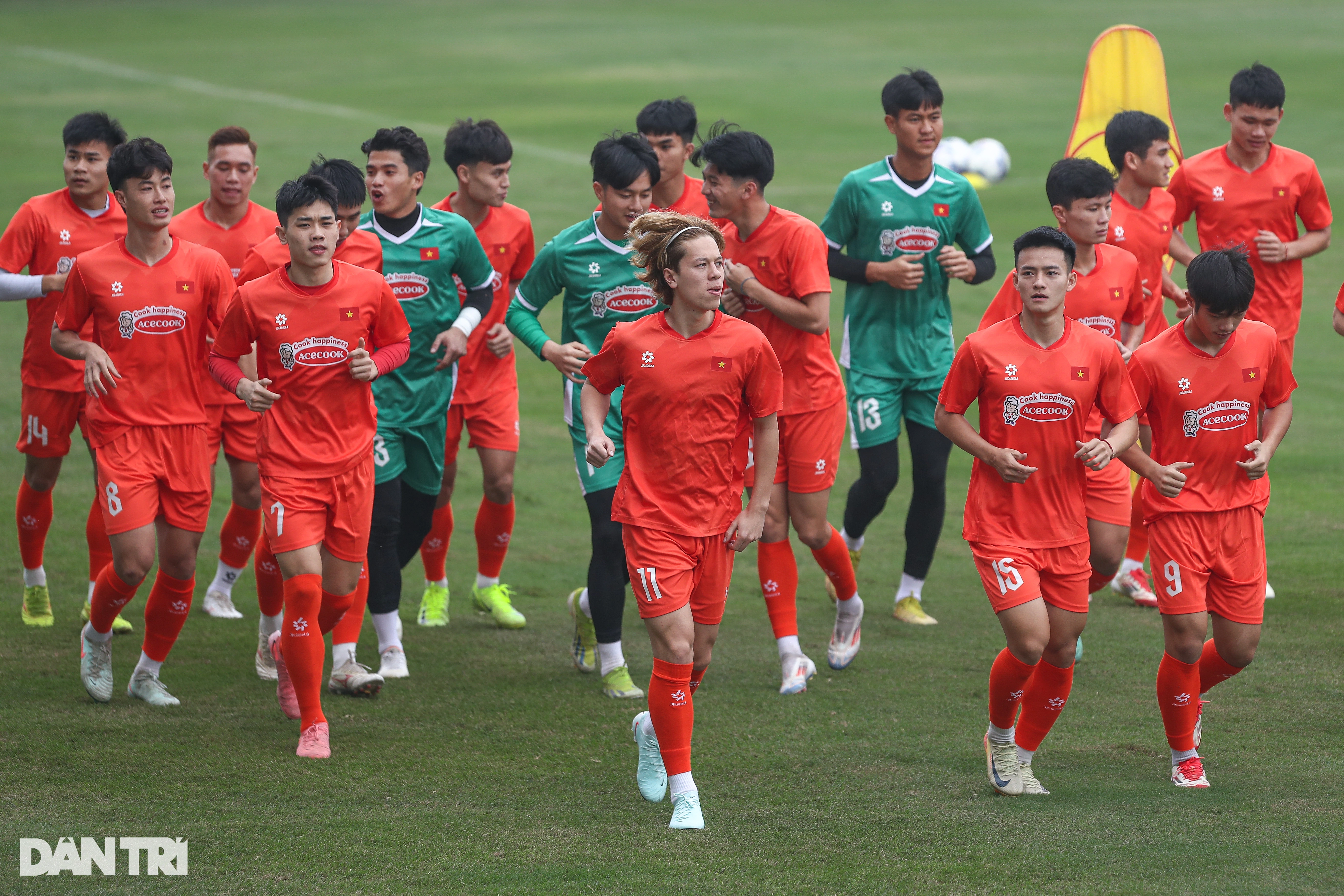





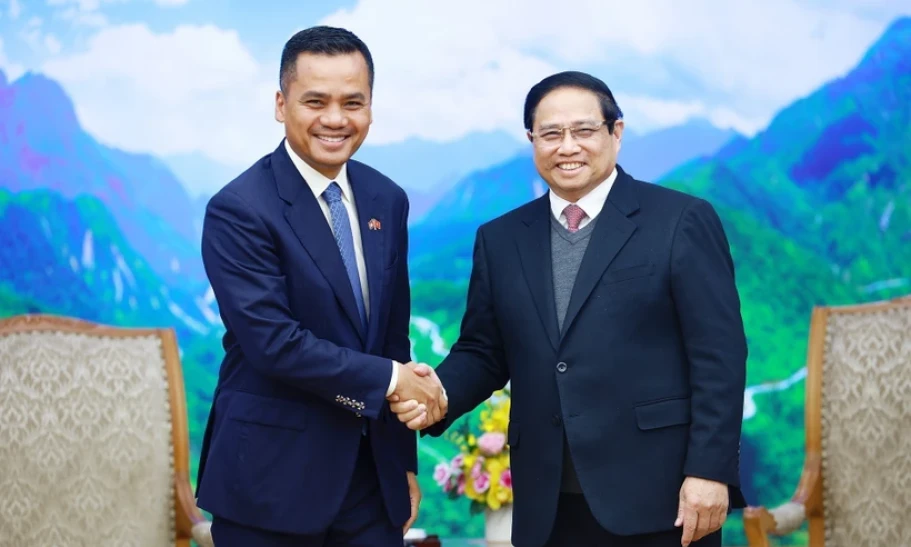

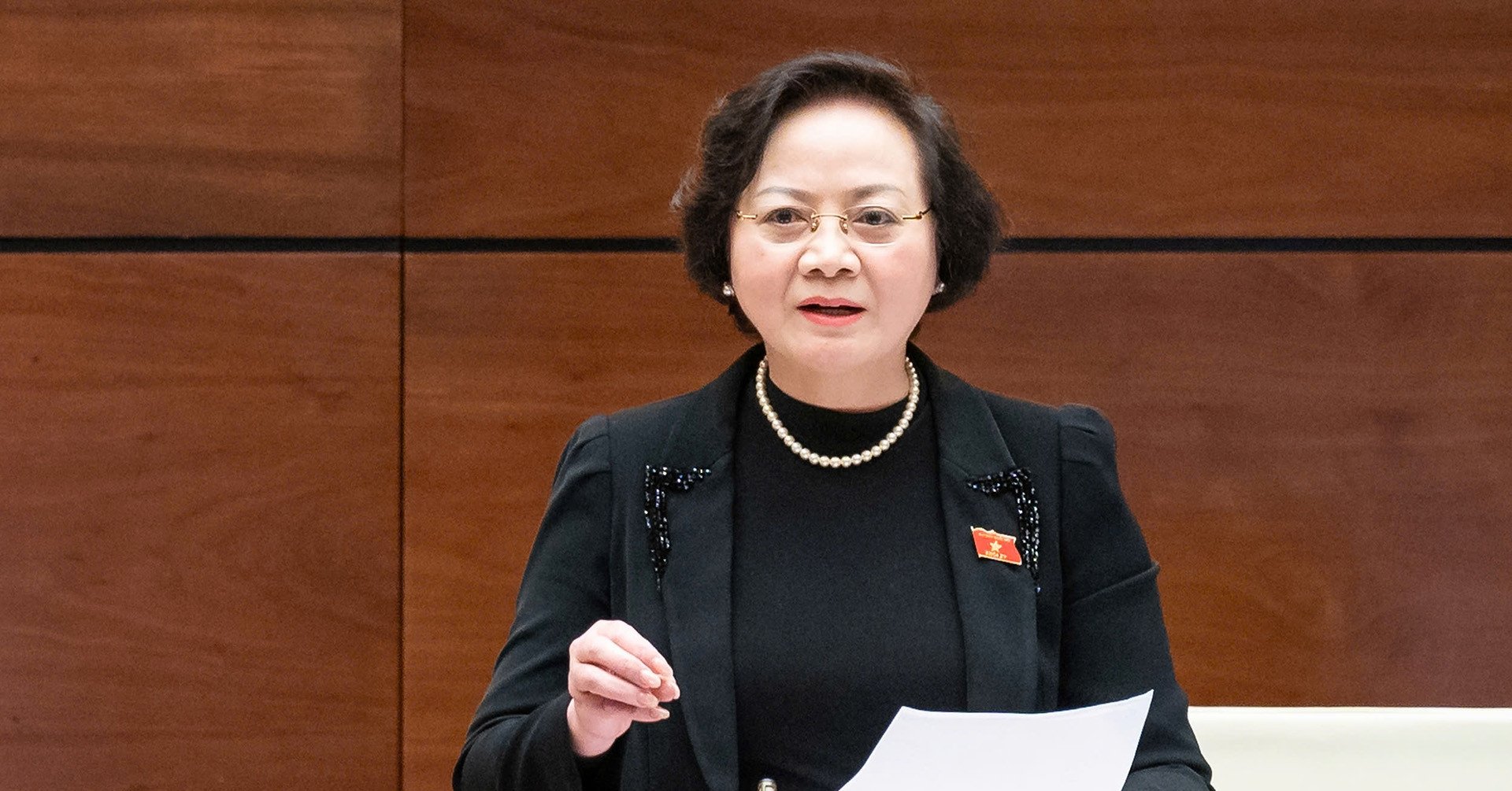

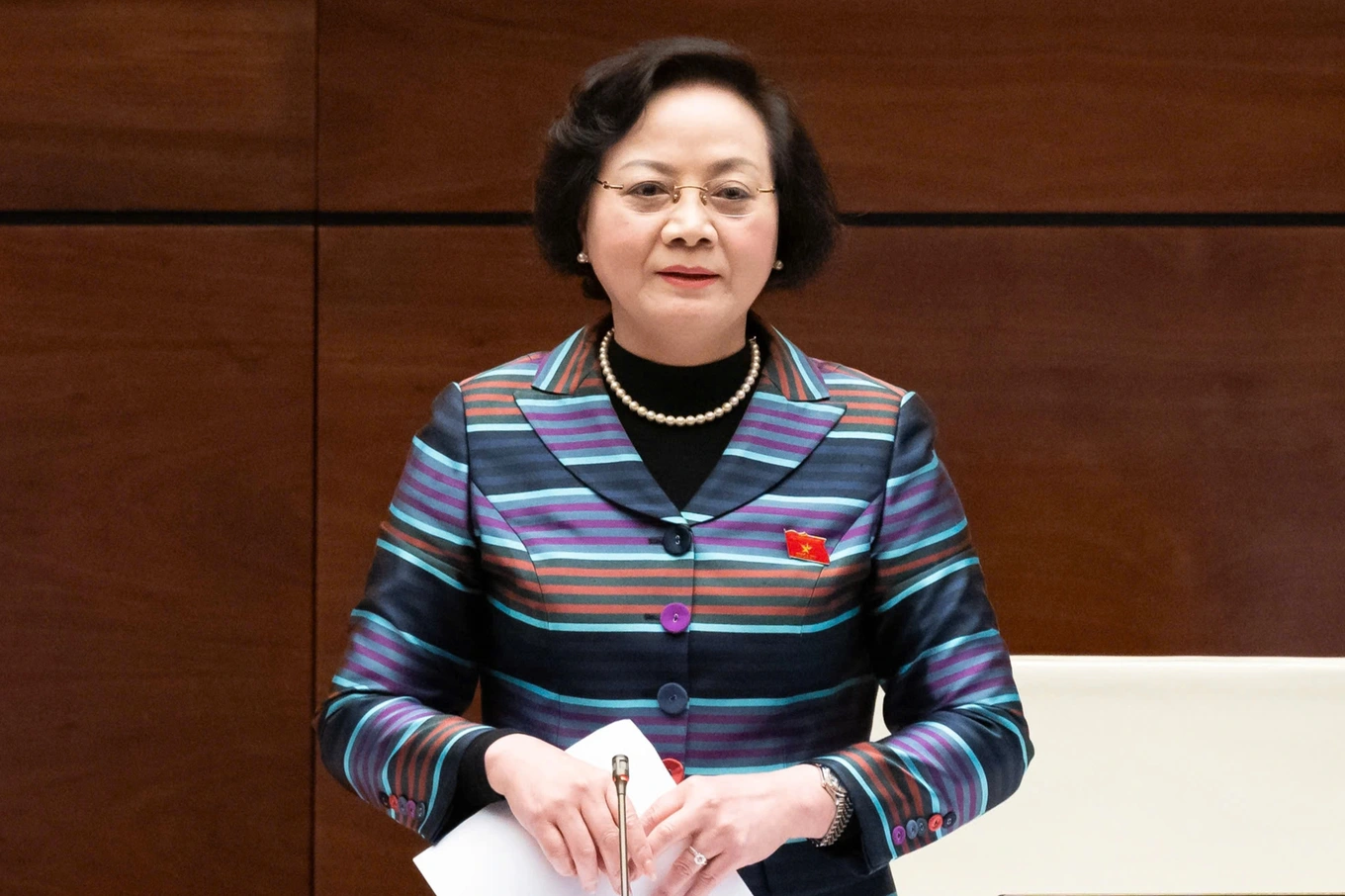

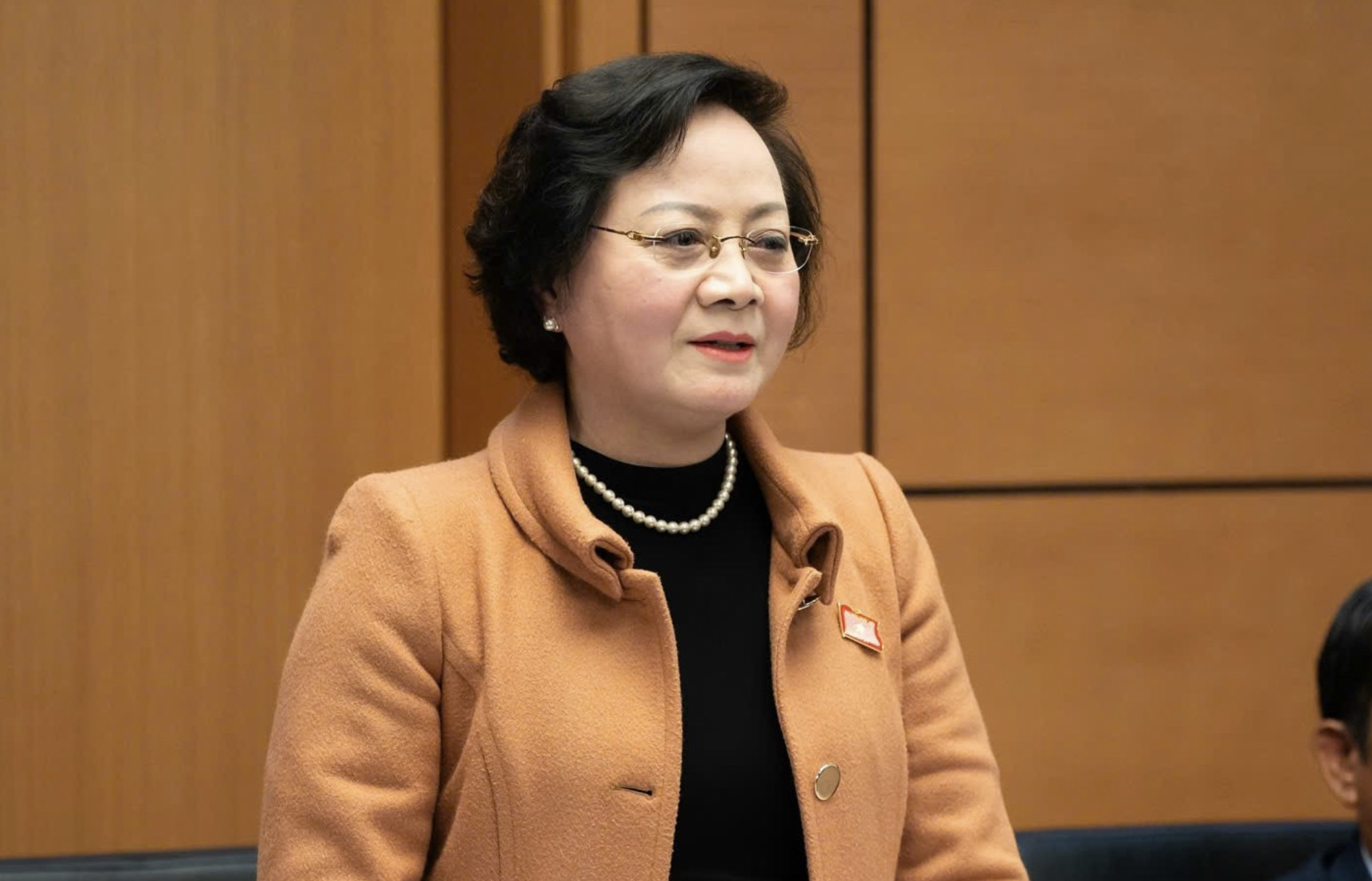
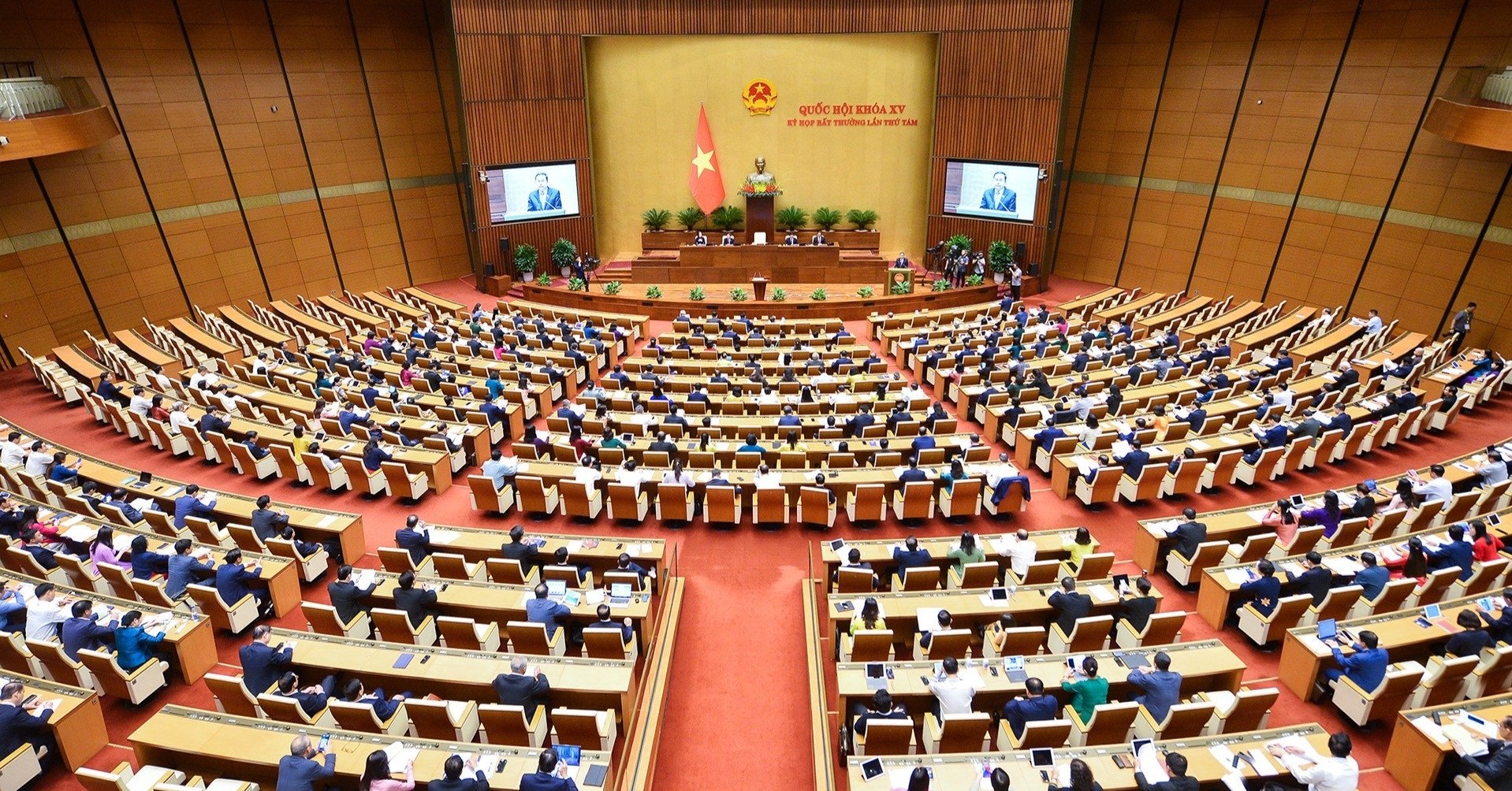
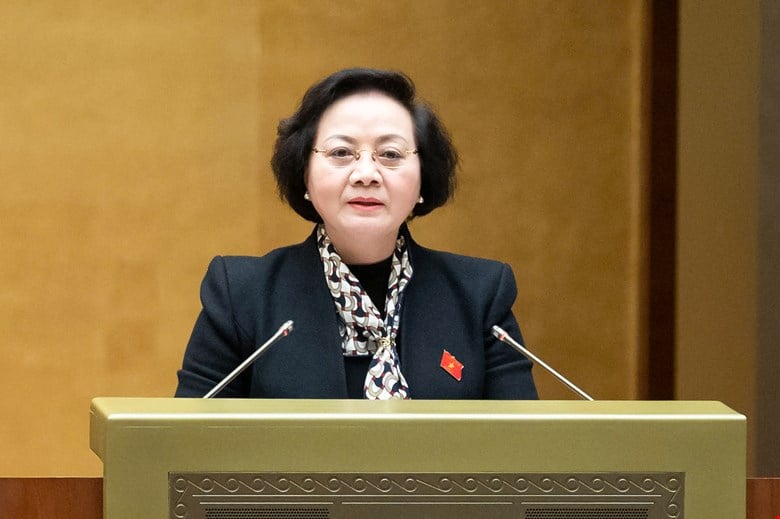

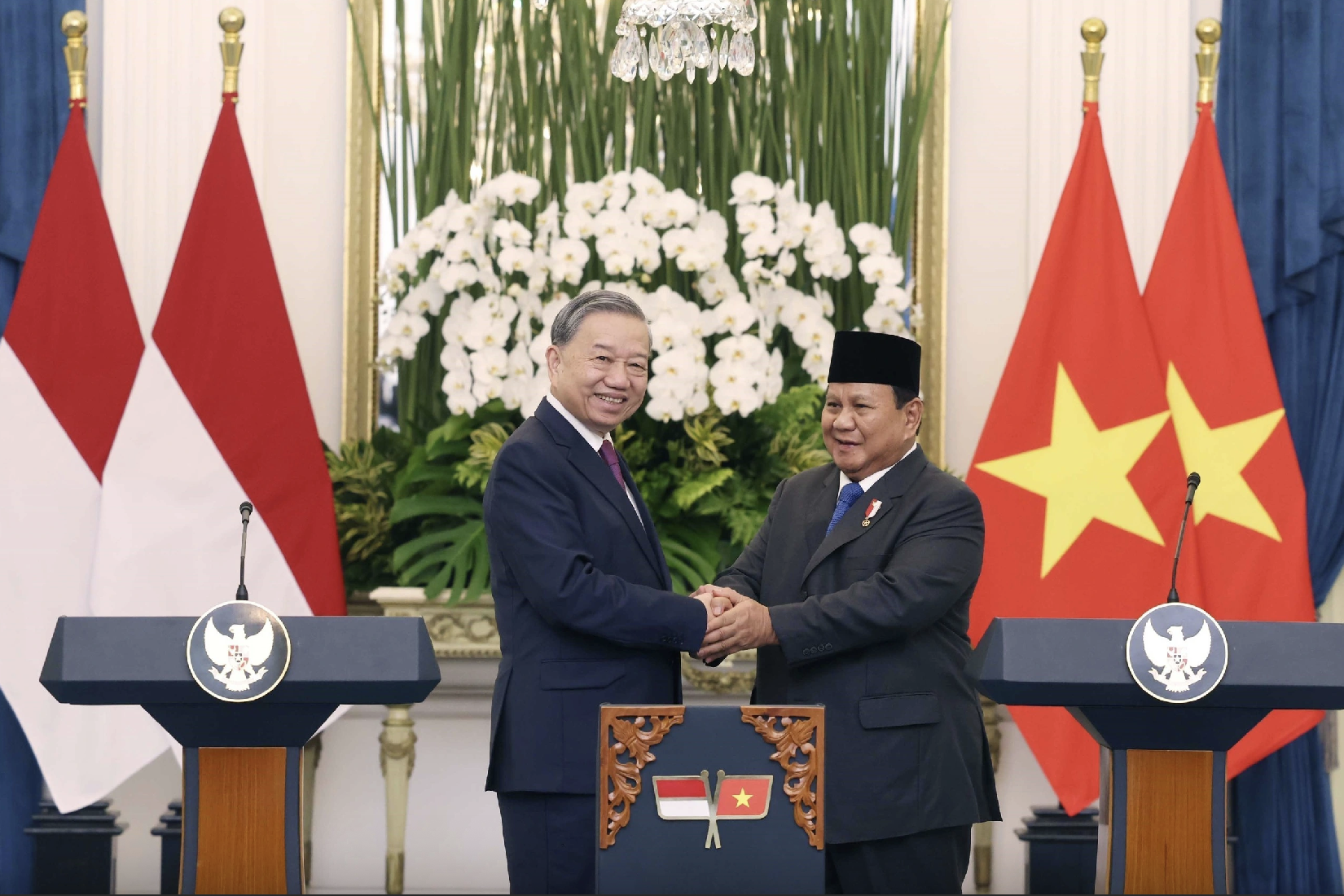

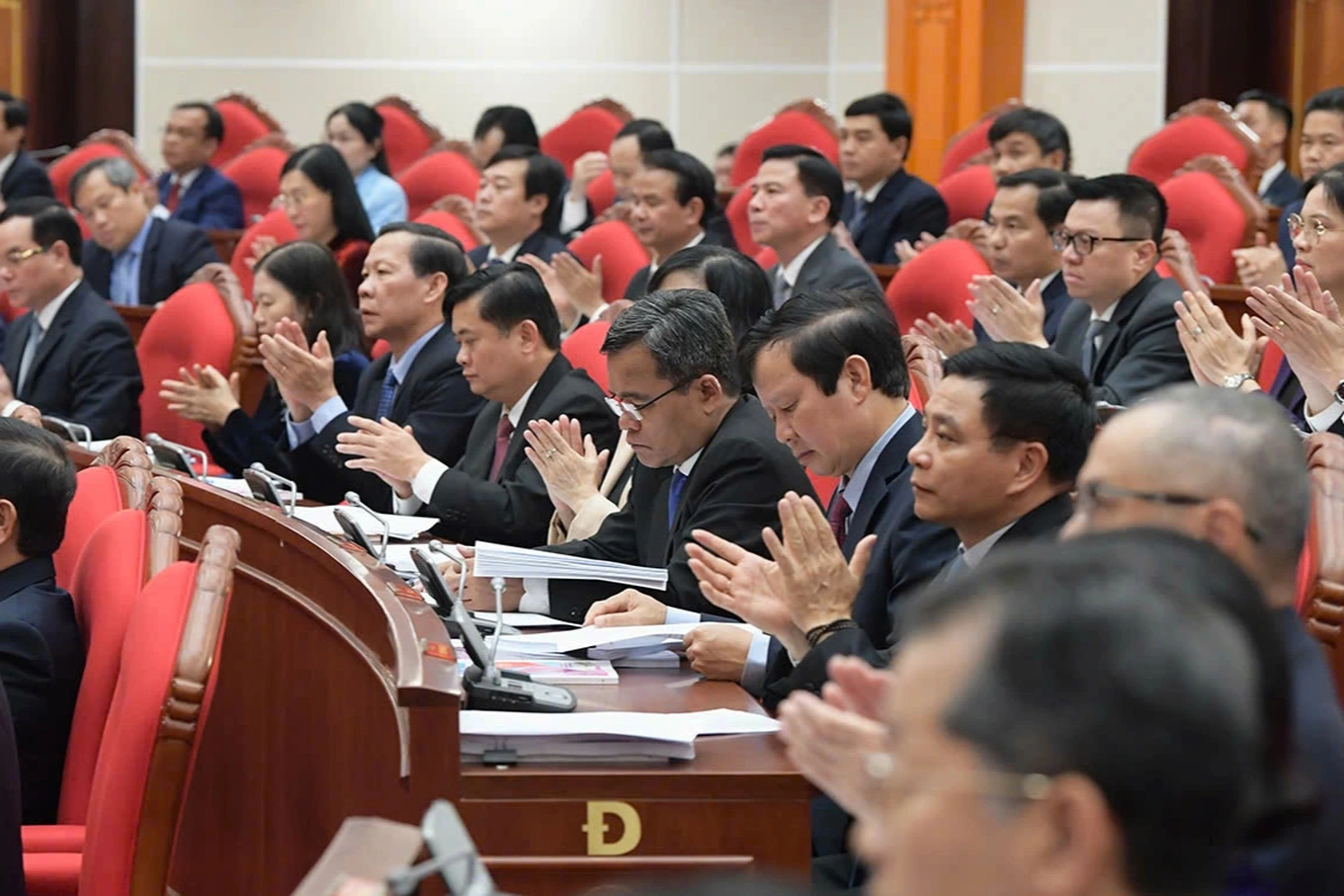
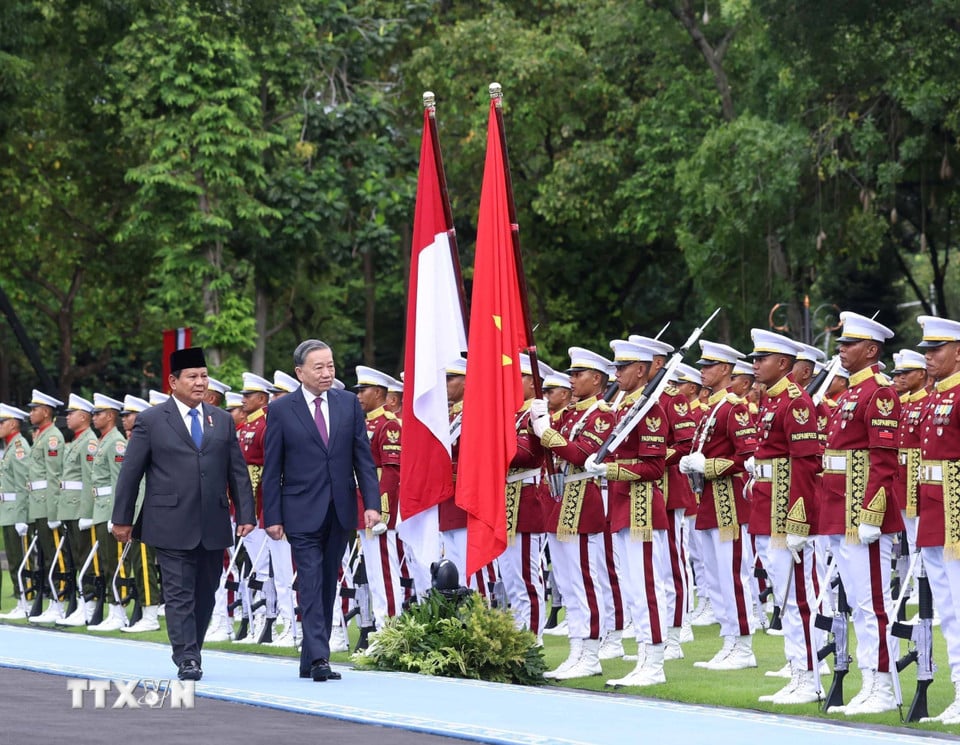
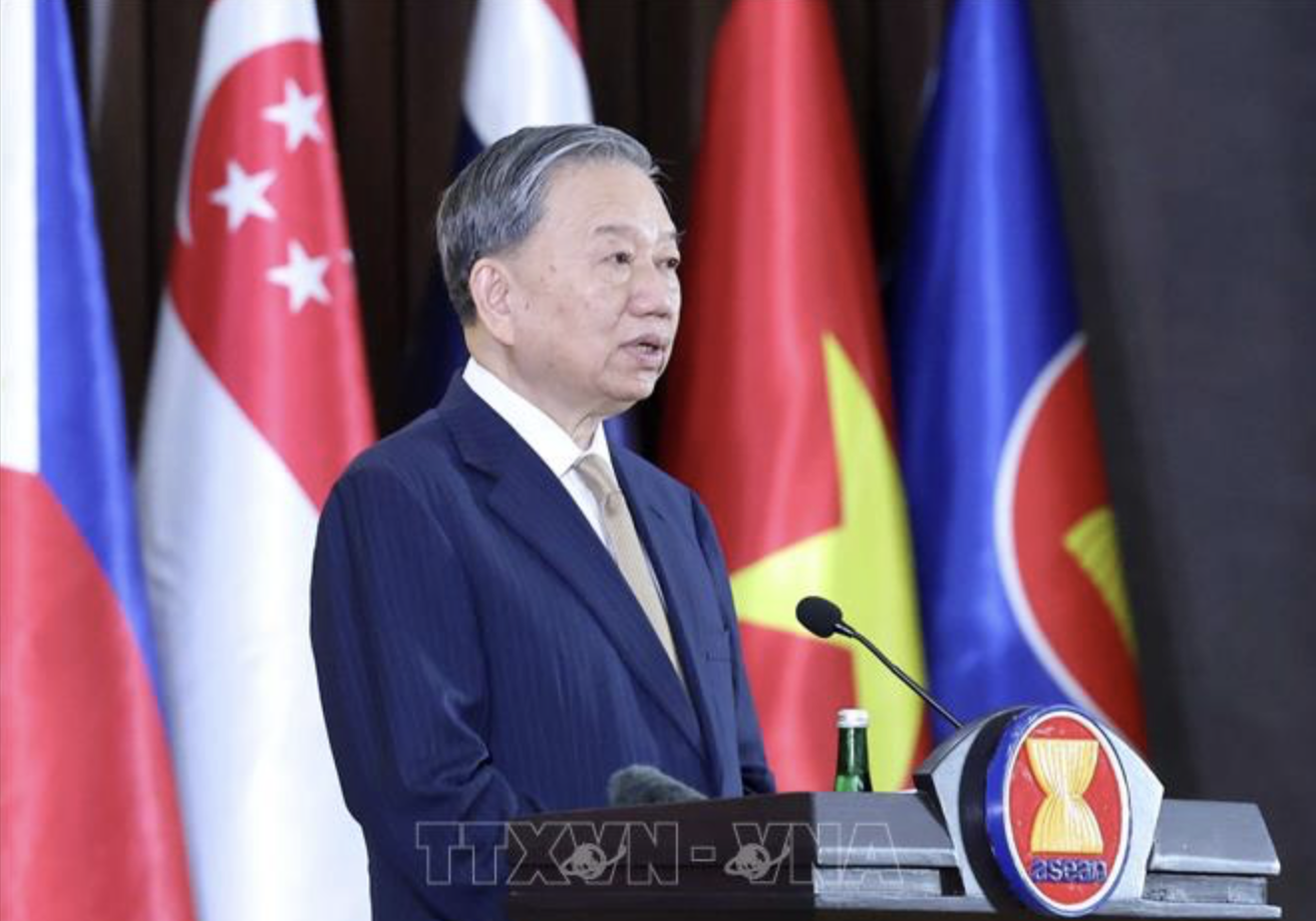

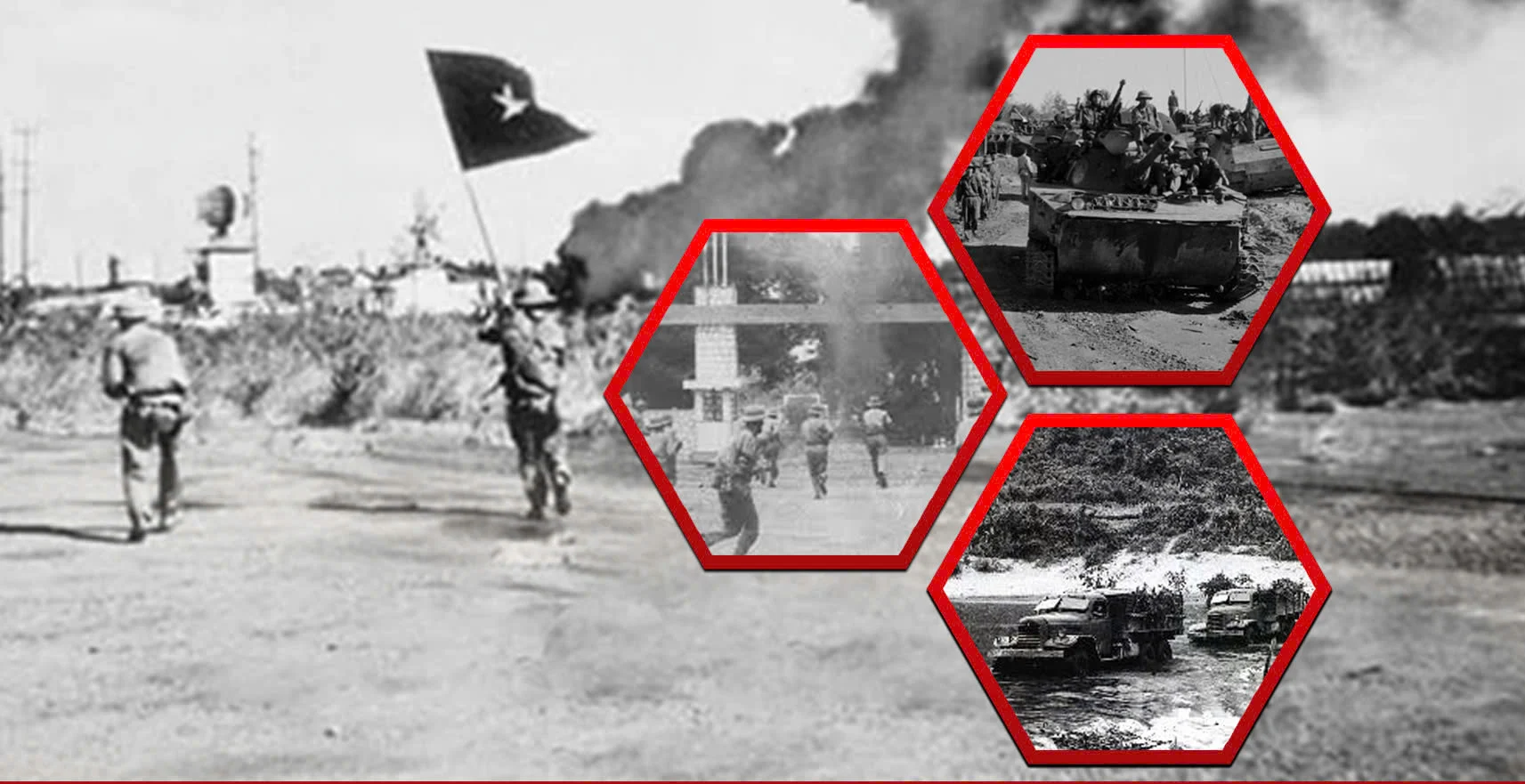

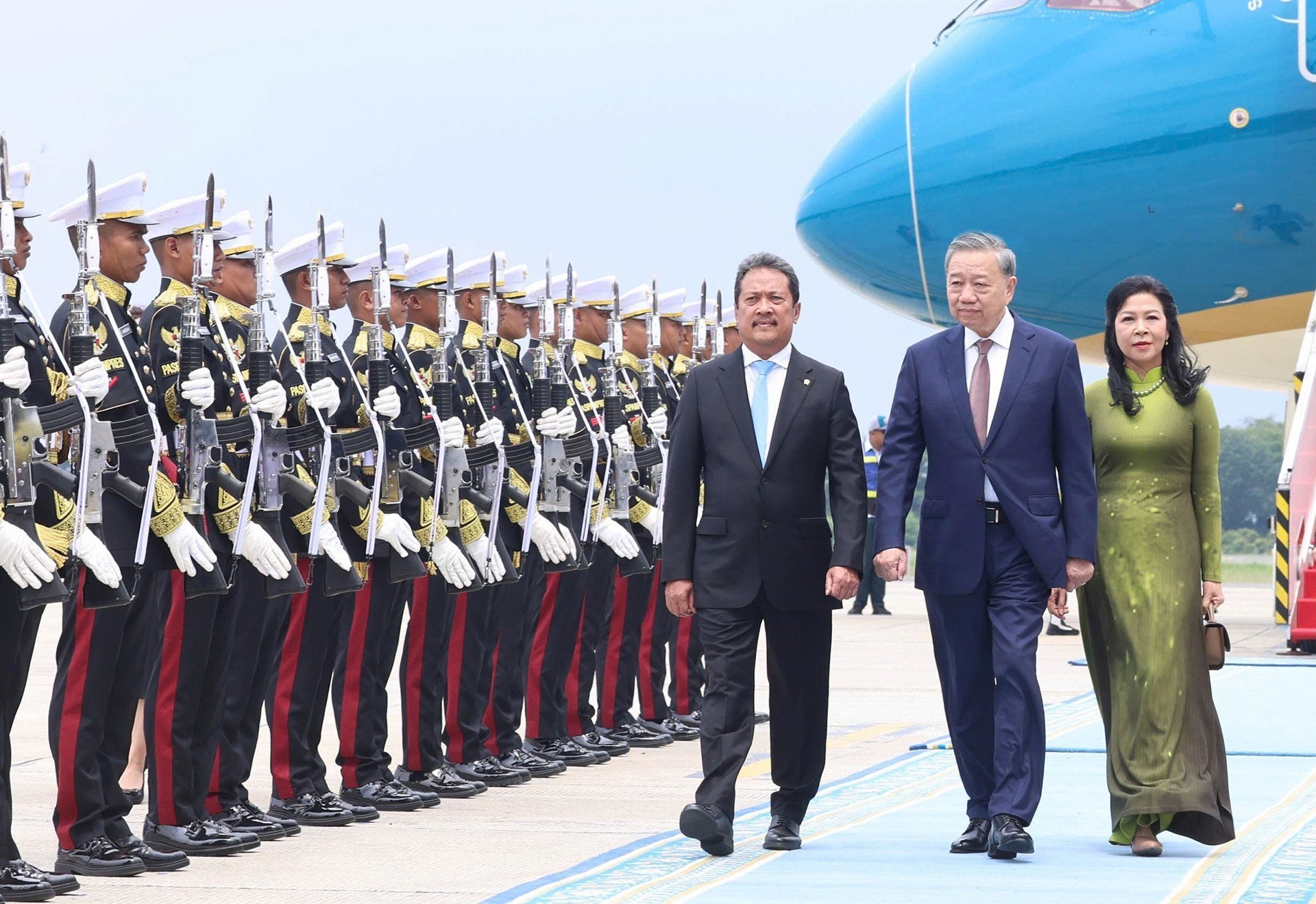
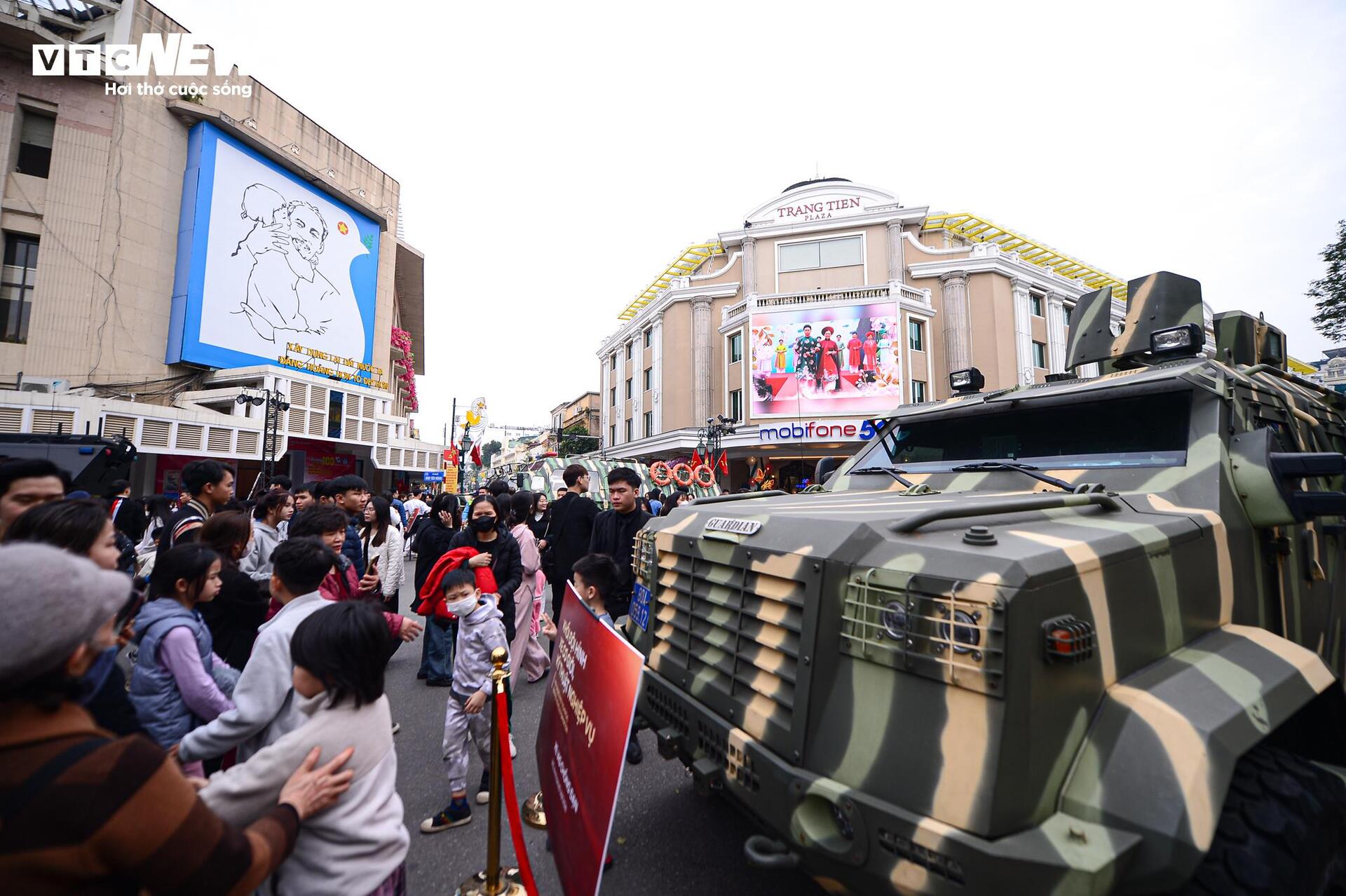
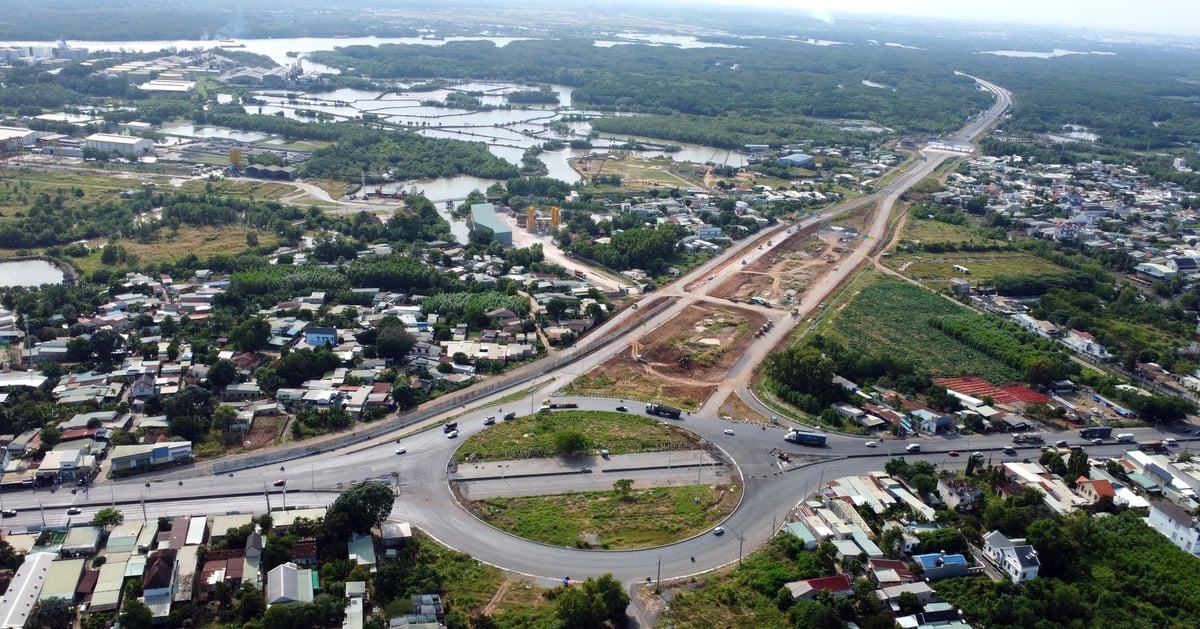

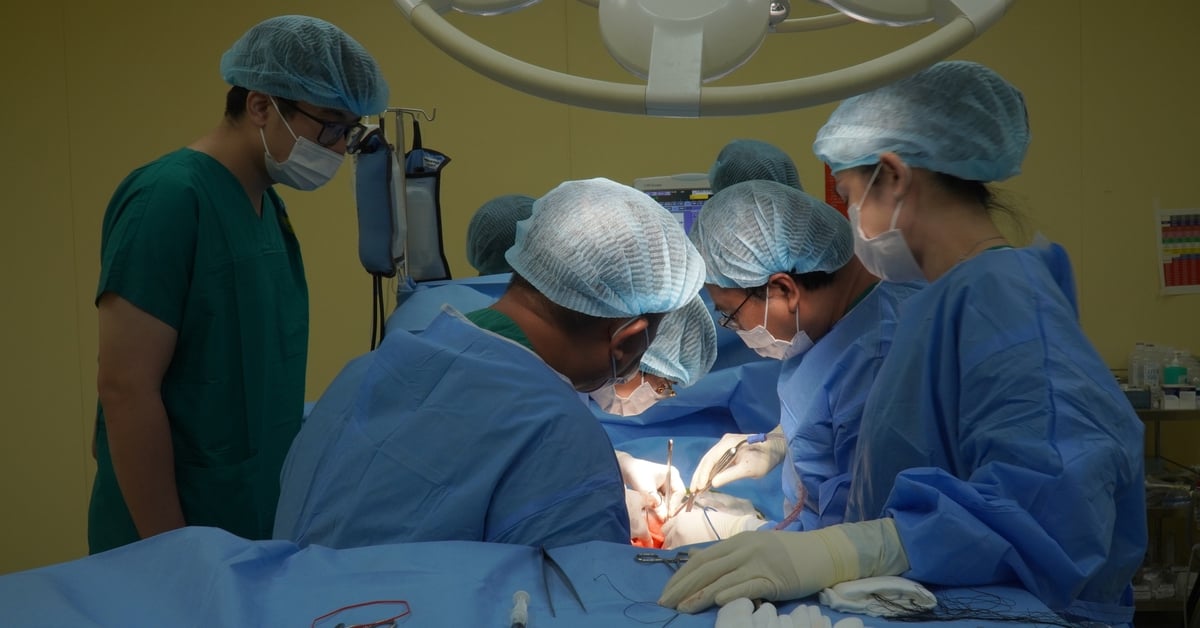
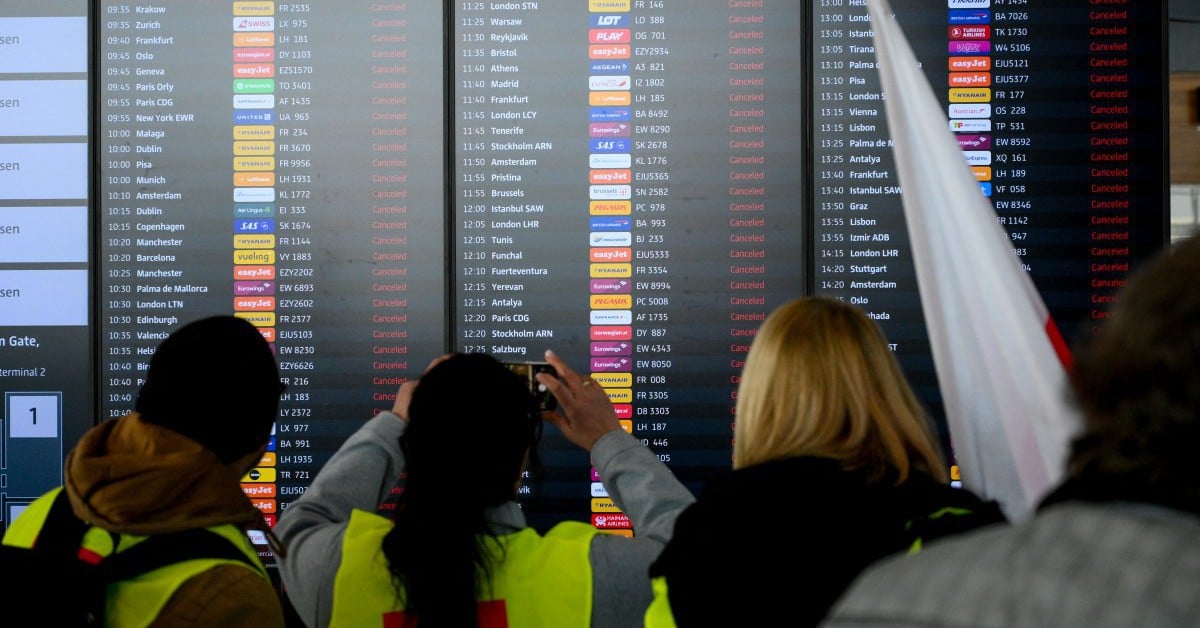








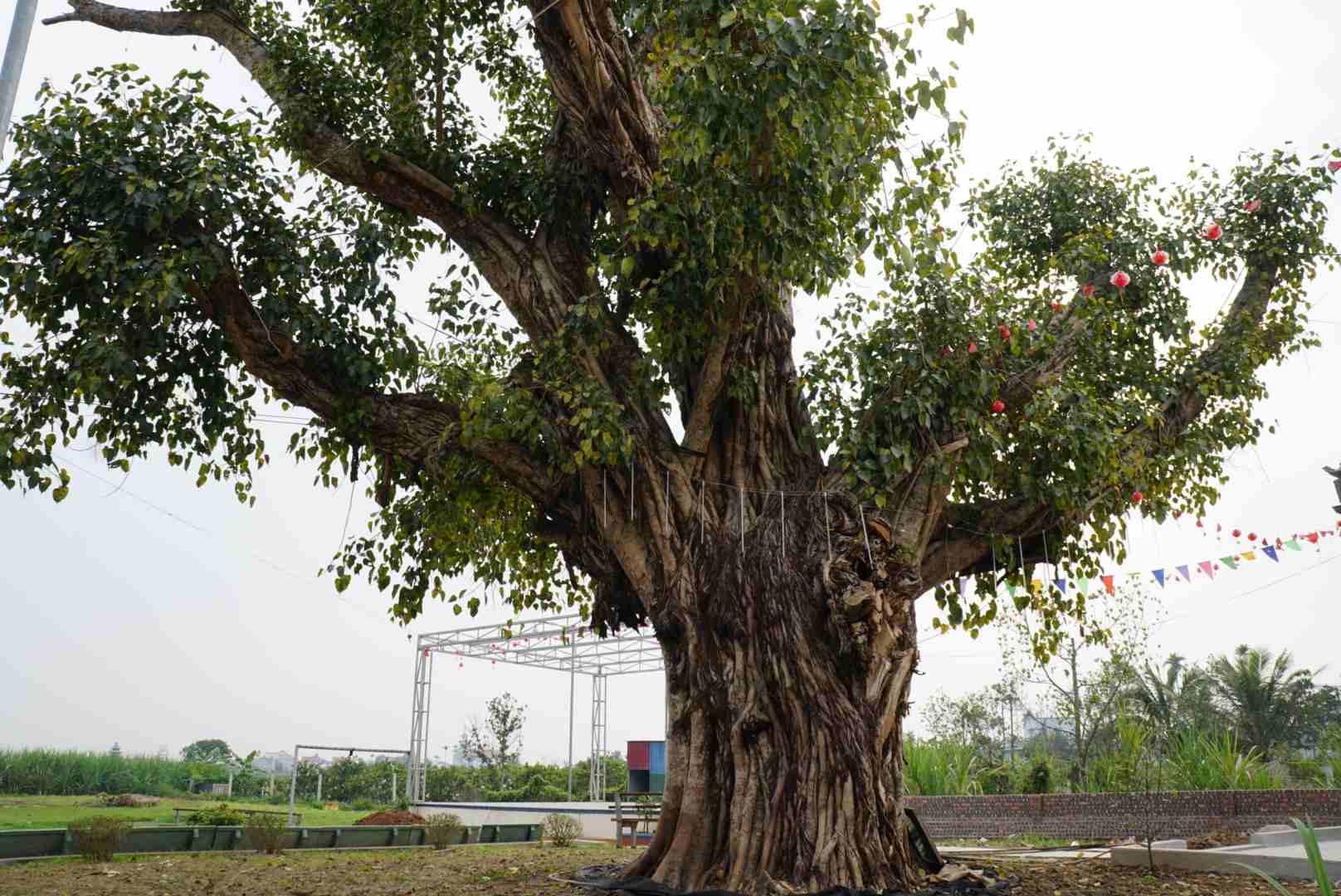


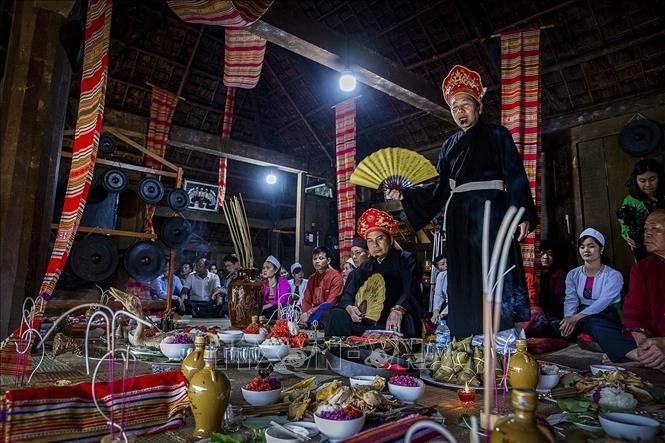

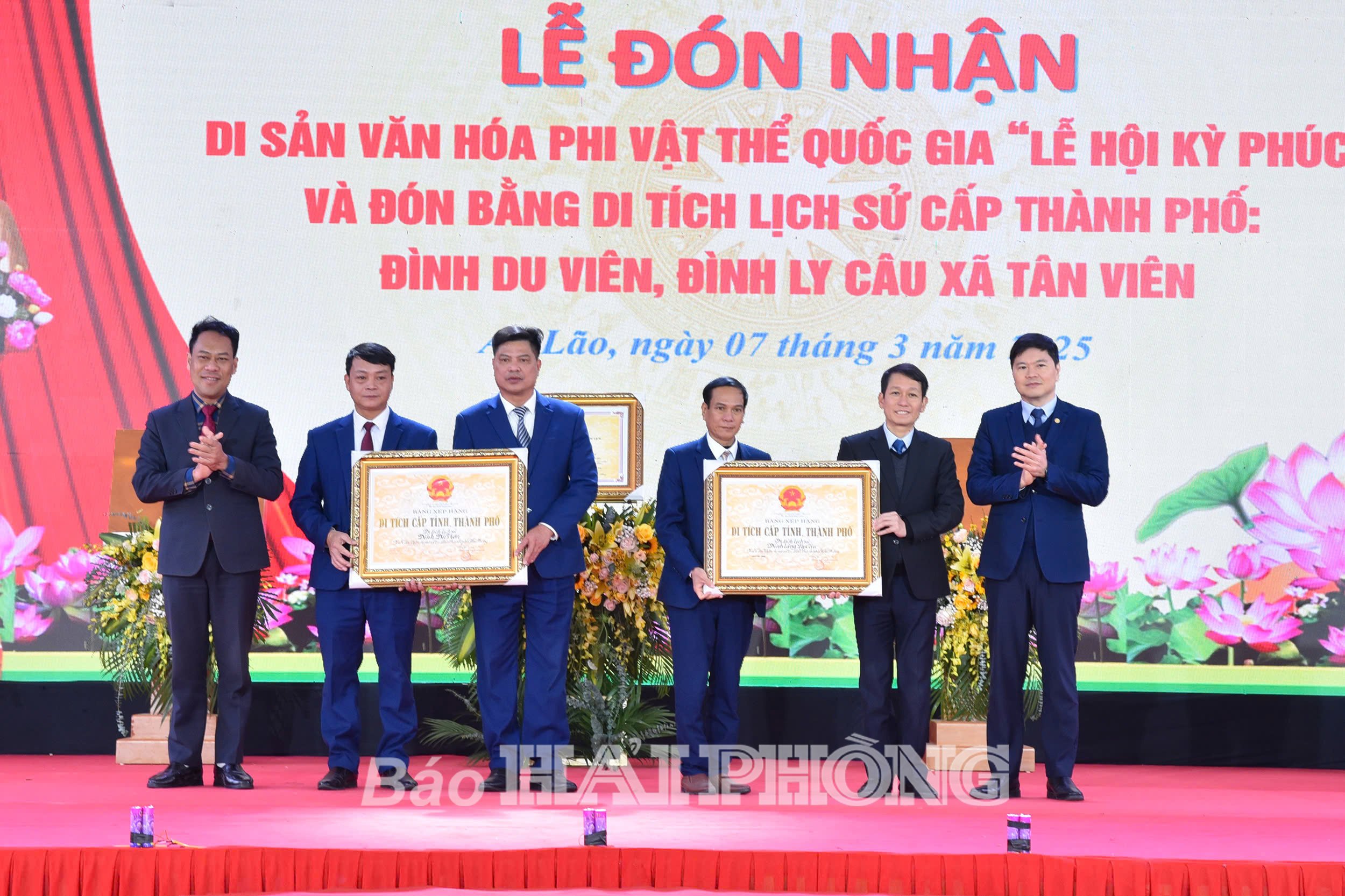

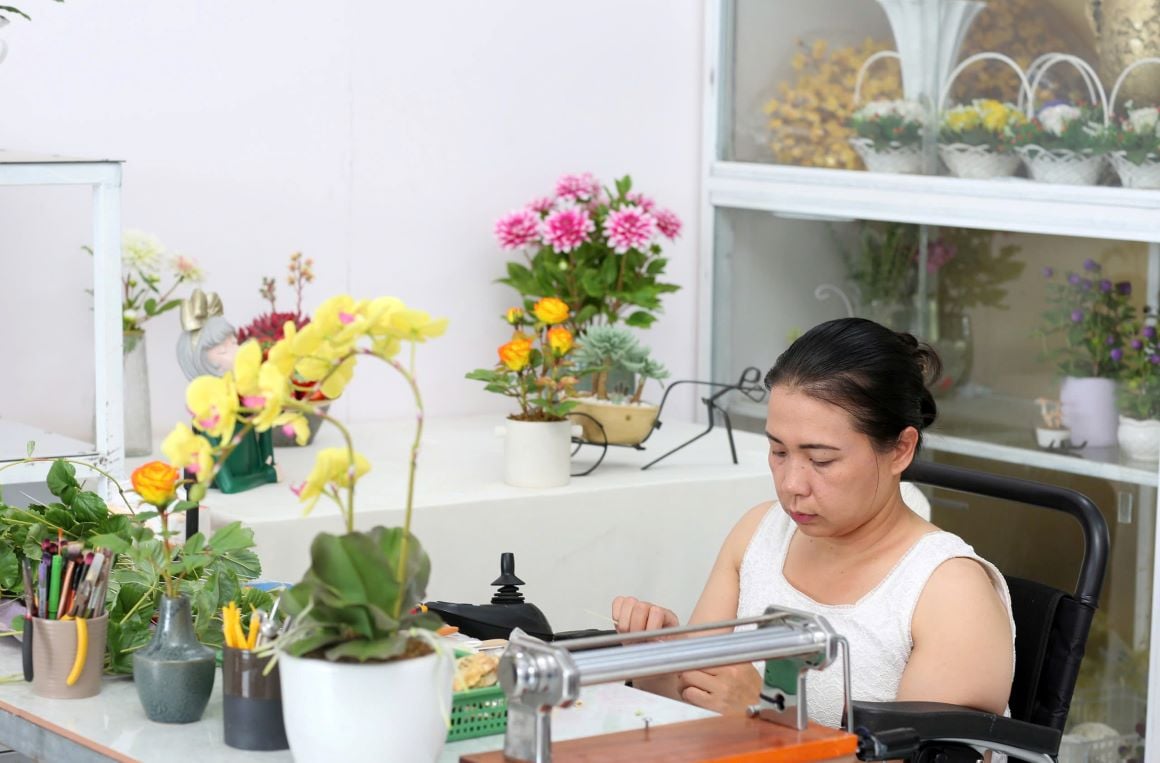

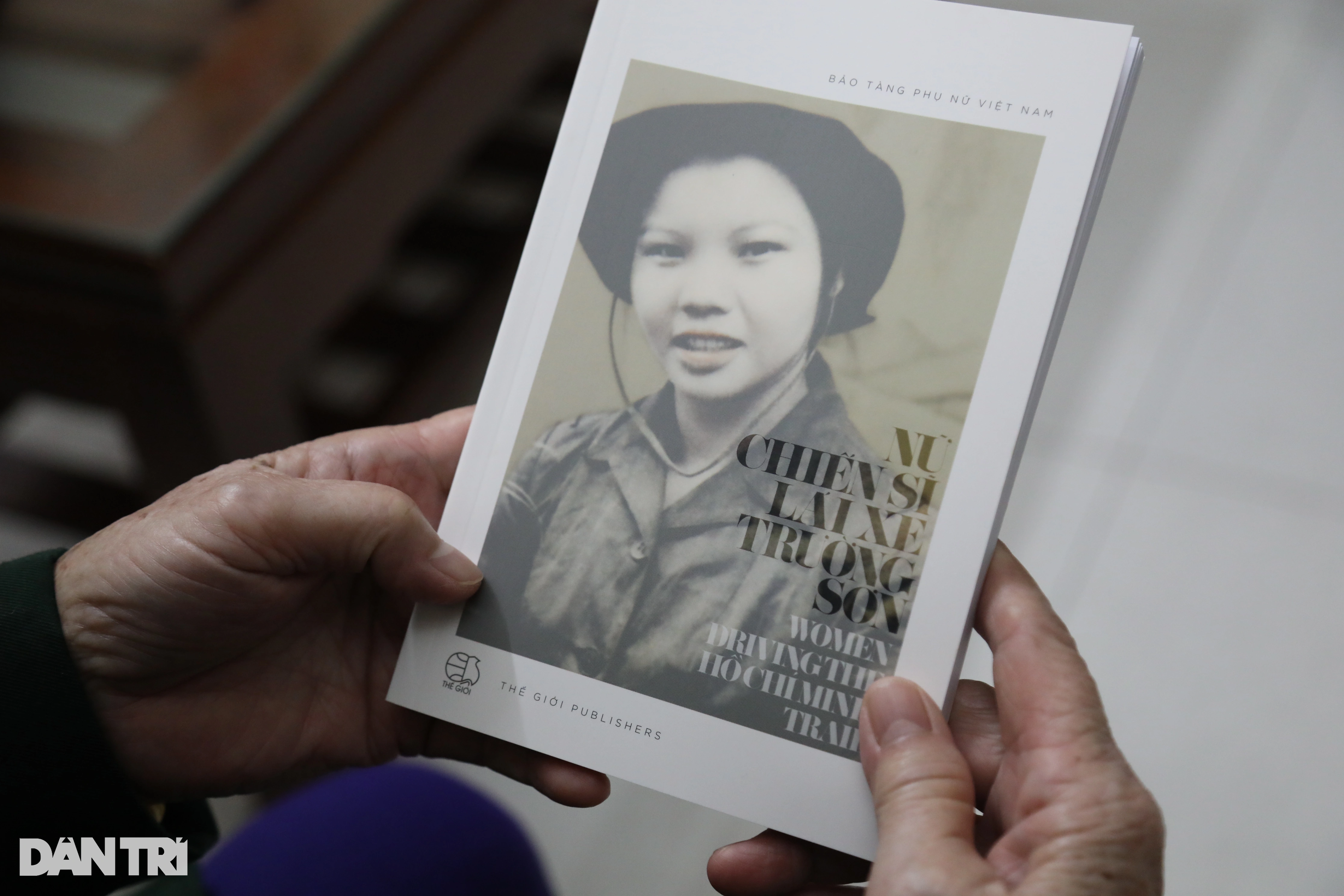
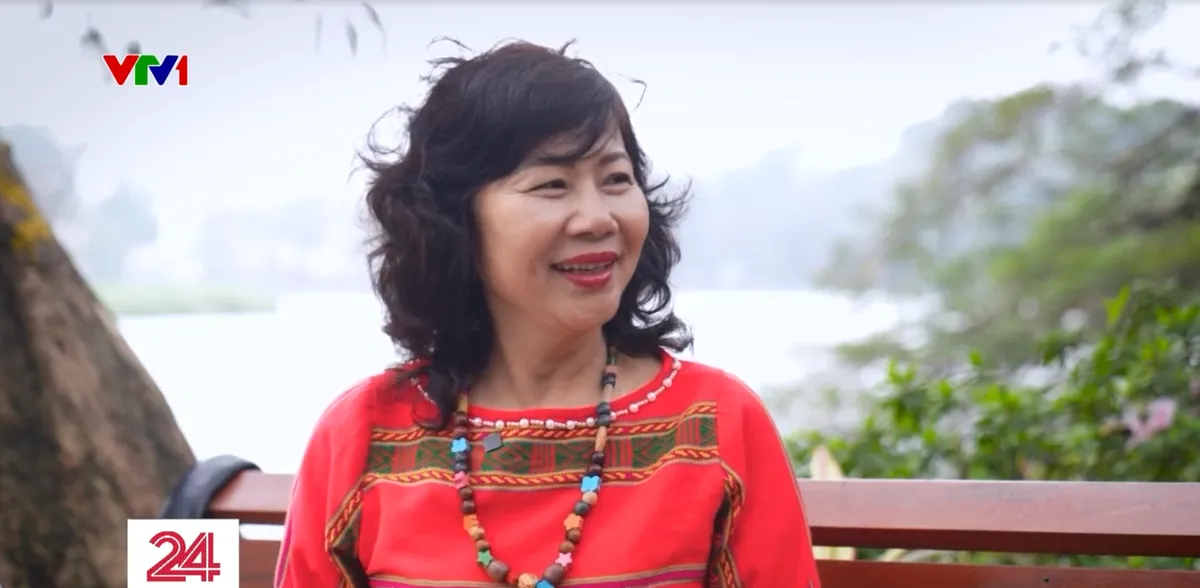









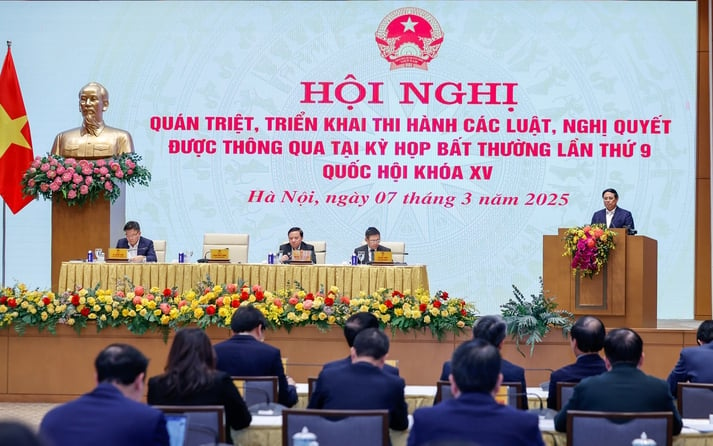

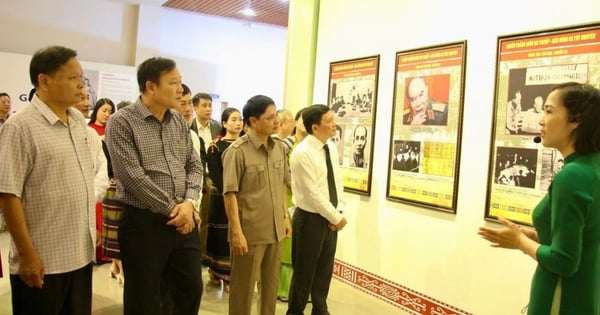
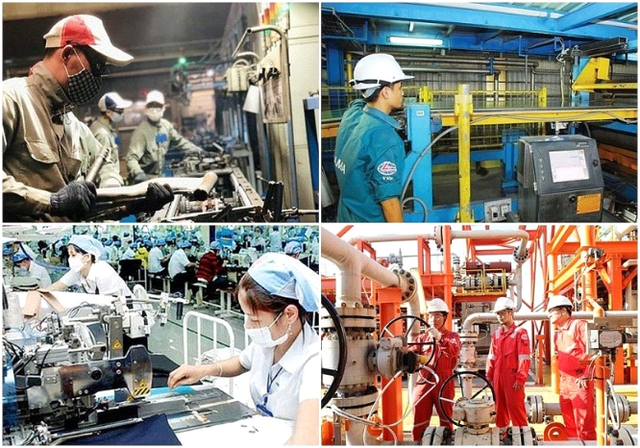

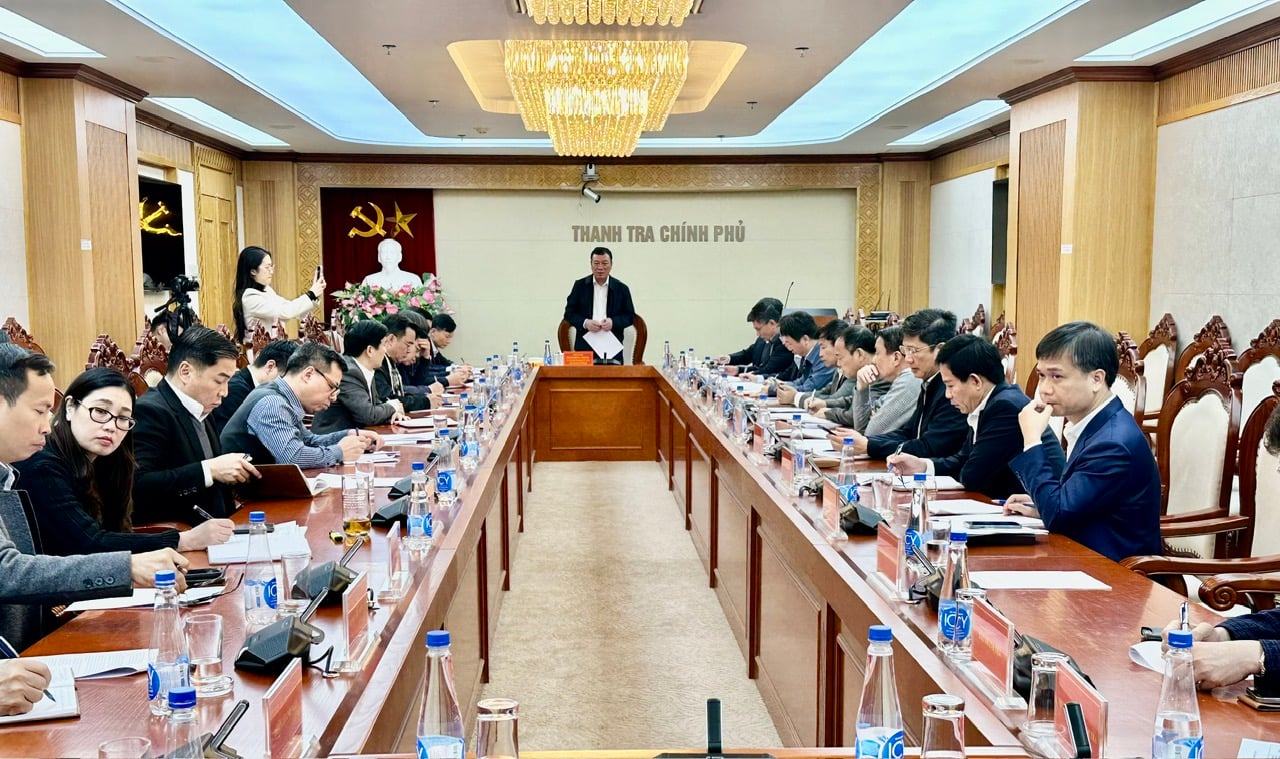

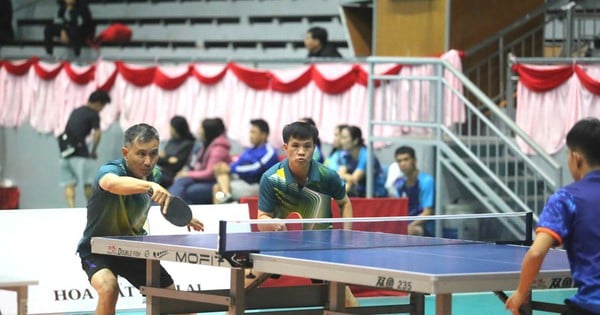
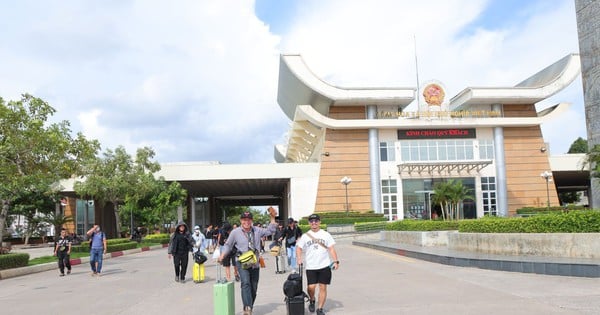






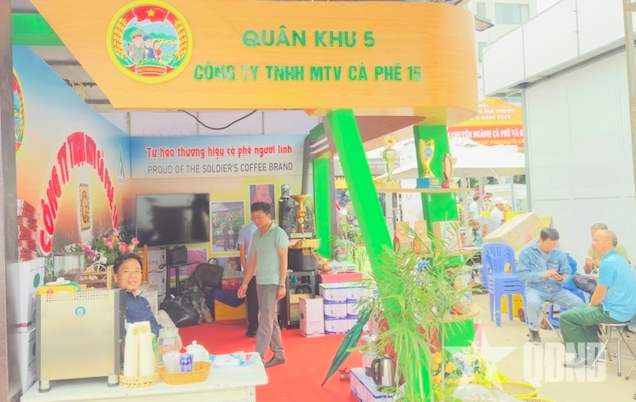


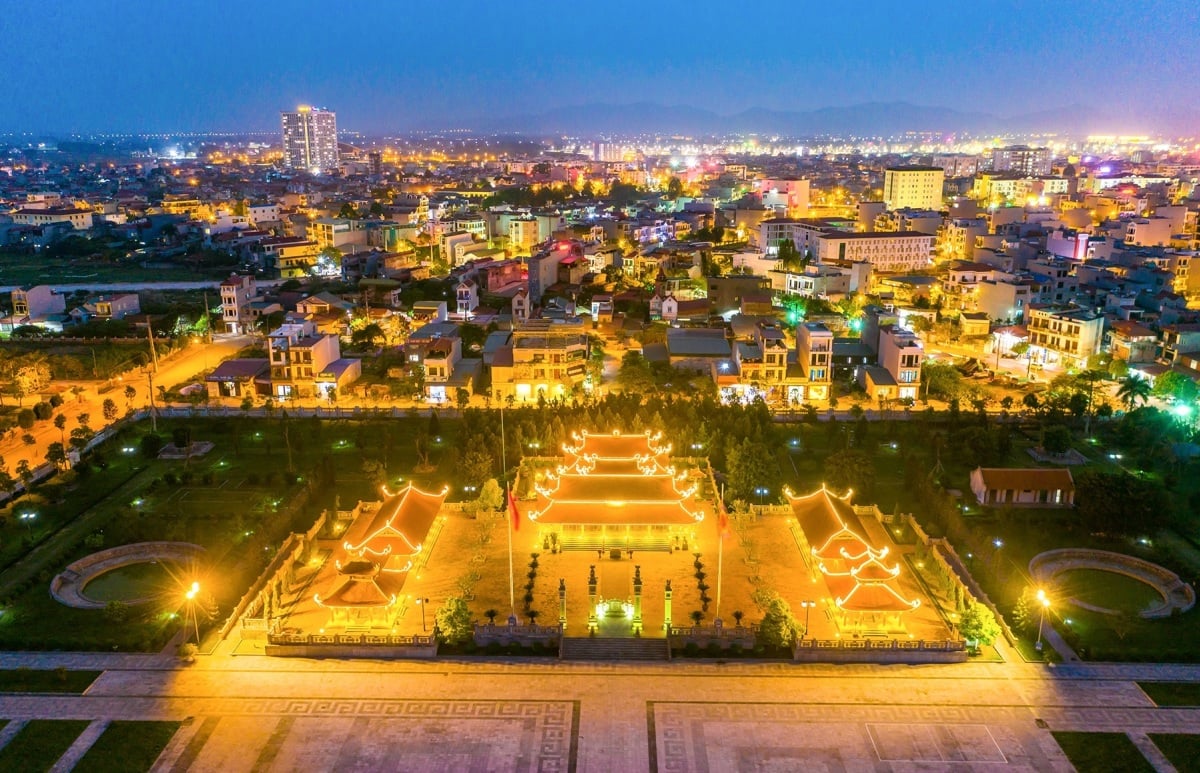
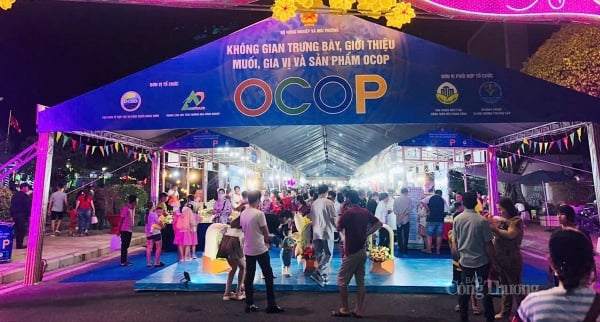

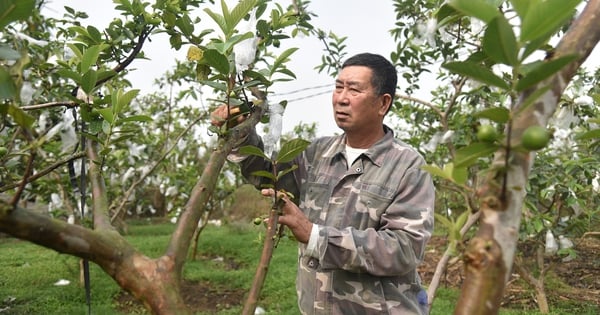

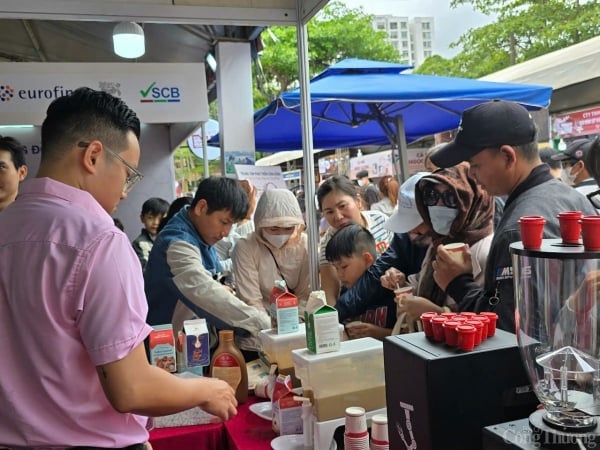

Comment (0)